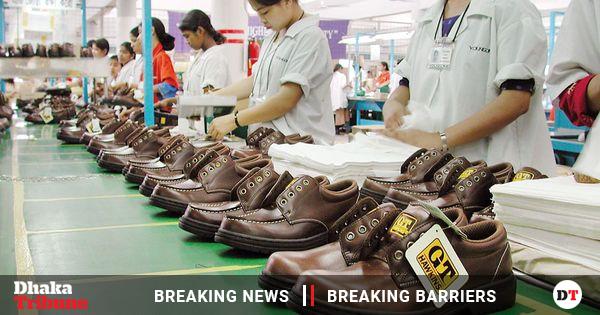The agreement is aimed at pursuing much-needed relief to the predominantly female workers in their supply-chains
The United States Agency for International Development (USAID) and a group of US-based apparel and footwear retailers inked deals to help Asia’s hard-hit supply chain workers.
The announcement was made during the two-day long Indo-Pacific Business Forum (IPBF), which began virtually on Wednesday in Hanoi, Vietnam.
Deputy Administrator Glick signed the Memorandum of Understanding (MoU) on behalf of USAID, and Steve Lamar, President and Chief Executive Officer of the American Apparel and Footwear Association, signed it on behalf of the consortium.
The agreement is aimed at pursuing much-needed relief to the predominantly female workers in their supply-chains in Bangladesh, Cambodia, Sri Lanka and Vietnam.
The participating companies and industry associations are Carter’s, Inc.; Gap, Inc.; Global Brands Group; Levi Strauss & Company; Nike; Tapestry; Target; VF Corporation; Walmart; the American Apparel and Footwear Association; the National Retail Federation; the Retail Industry Leaders Association; and the U.S. Fashion Industry Association.
“With unprecedented speed and scale, the Covid-19 pandemic has had a devastating impact on global supply-chains, disrupting trade and investment, putting frontline workers at risk, and eliminating the jobs of millions of other workers, especially women,” said a statement.
The apparel, footwear, and fashion-accessories (AFFA) sector in Asia has been among the most-affected industries, challenged by constraints on supply and demand that arose from stay-at-home orders, temporary closures of businesses, stoppages in production, backlogs in shipment, and cargo delays, it added.
The MOU establishes an intent for USAID and the consortium to work together over the coming year to alleviate hardships faced by AFFA workers in Bangladesh, Cambodia, Sri Lanka, and Vietnam.
Such efforts, in collaboration with local partners, will aim to create a more resilient AFFA sector and workforce, enhance the rights and welfare of workers in AFFA factories, and empower women in the AFFA workforce.



